Sheet metal
What is a sheet metal?
Sheet metal is one of the final products of the steel industry where the original shape of the solid metal undergoes a plastic transformation that thins and reduces our metal into sheets through a particular technological process called lamination.
On the market we can find different types of sheets and the general classifications are established in relation to different aspects indicated below:
Productive process
Dimensions
Form
Surface finish
Type of processing
Composition material
Thanks to multiple properties physical , chemical is mechanical , finished sheet metal products are used in many sectors such as:
Automotive
Bodywork, thermal and acoustic shields, vehicle structural components
Architecture
Roof coverings, partition walls, external facades, railings, windows
Furniture / Design
Seats, magazine racks, sliding panels, decorative panels, kitchen tops, counters (offices, shops), urban furniture
Food industry
Components and structures of machines for solid / liquid food processing, solid / liquid food containers
Chemical / Pharmaceutical Industry
Components of production machines, distribution systems, purification systems
Sanitary products
Transport trolleys, hospital bed components, electro-medical and health products
Stainless steel sheet
This excellent product is part of the family of “Stainless steels” ; alloys based on iron (Fe), chromium (Cr), and carbon (C) enriched with other elements such as nickel (Ni), molybdenum (Mo), silicon (Si), titanium (Ti) and, to a lesser extent, other elements.
Stainless steels can be classified into:
Martensitics, Ferritics, Austenitics, Duplex (austeno-ferritics), Precipitation hardeners, Super-stainless.
Our products are classified as austenitic stainless steels and turn out to be the most ferrous alloy effective “against corrosion” so they can be used for both low temperature applications both in chemically highly aggressive environments .
Below are our types of sheet metal currently available for processing.
AISI 304 steel
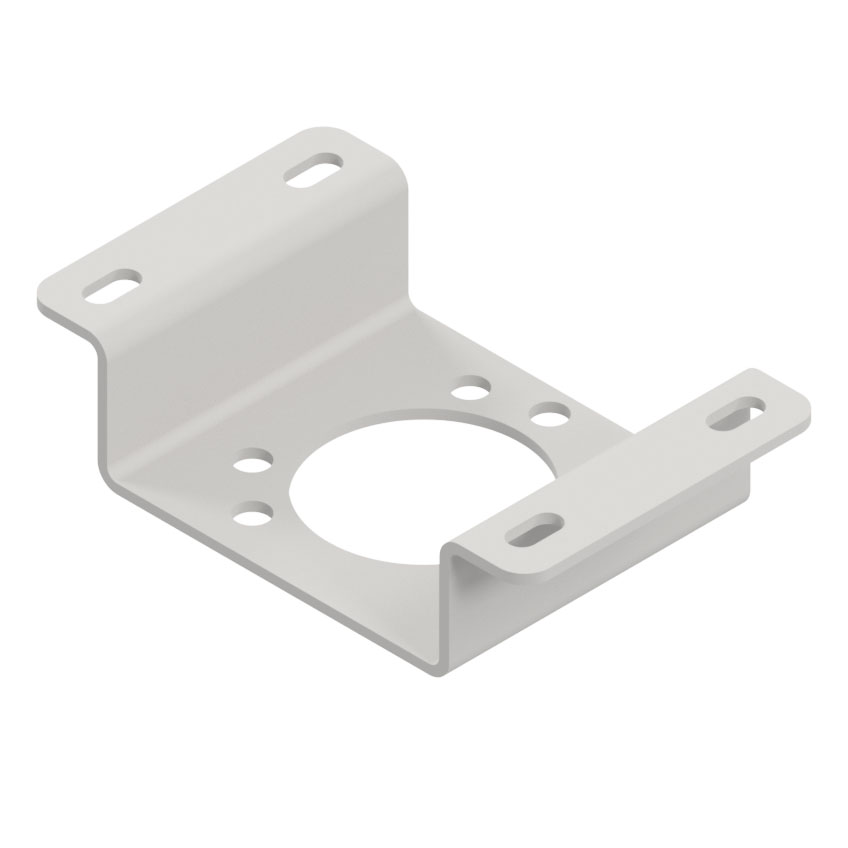
The most popular among stainless steels.
Not hardenable , hardenable by cold deformation , owns excellent mechanical characteristics to very low temperatures in particular with regard to resilience and high fatigue resistance.
The low sensitivity to notches and the ease of welding make it a material particularly ductile to be worked .
There corrosion resistance and the resistance to oxidation characterize it as the most used material for production of processing equipment and the food preservation , in the i chemical industry , pharmaceutical , textile and oil .
In heat treatments it reaches solubilization at 1050/1100 ° C.
Regulatory correspondences
JIS
Japan
SUS304
EN 10088/3
European legislation
X5 Cr Ni 18-10
AISI
USA
304
W.
Germany
1,4301
AISI 316 steel
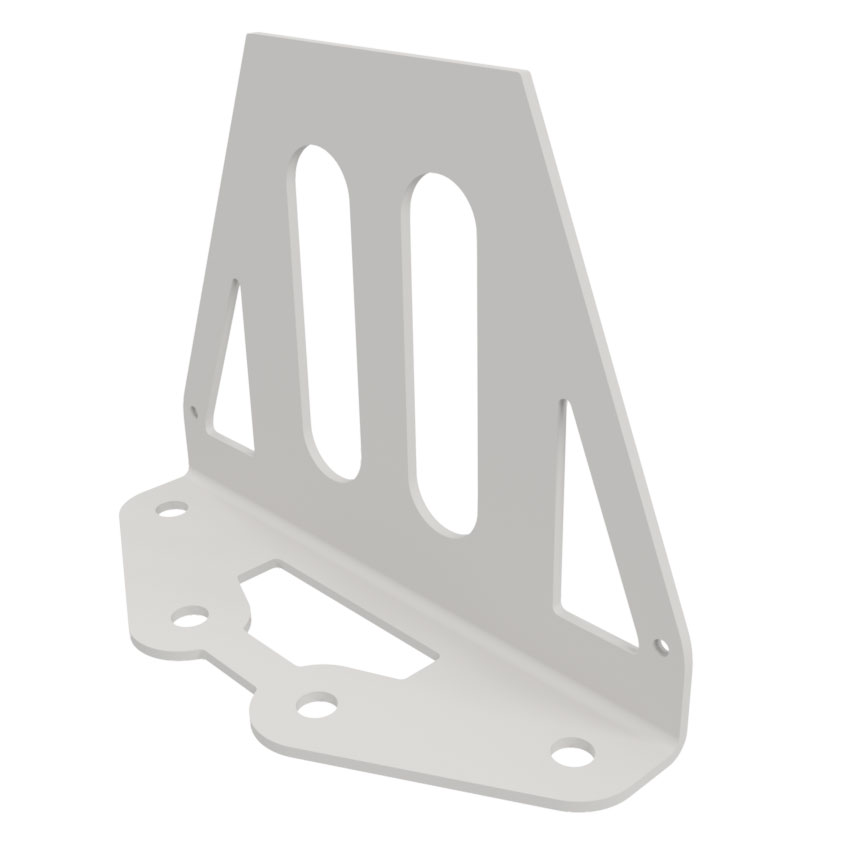
Steel not hardenable , non-magnetic annealed, slightly magnetic when cold worked. Hardenable by cold deformation, it has excellent mechanical characteristics of resilience and very high resistance to fatigue. Even at very low temperatures the response of its mechanical characteristics is excellent.
There corrosion resistance (greater than its similar 304) and the resistance to oxidation make it particularly suitable for use in naval equipment , parts of oven , orthopedics , photography , heat exchangers is industrial sectors as the pharmaceutical and the chemist .
In heat treatments it reaches solubilization at 1050/1100 ° C.
Regulatory correspondences
W.
Germany
1,4401
EN 10088/3
European legislation
X5 Cr Ni Mo 17 12 12
AISI
USA
316
JIS
Japan
SUS316
S235JR – Fe360 B
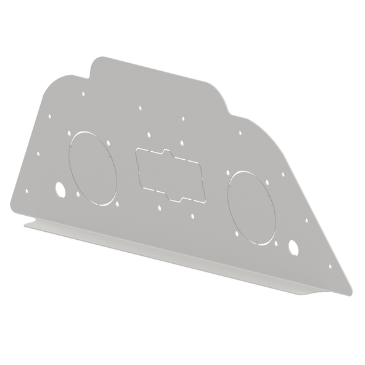
NUMBER DESIGNATION 1.0038
S235JR steel is the current name of Fe360 modified following the introduction of the new legislation, which refers in this case to the yield strength and no longer to that of failure.
S235JR grade steel is a non-alloy carbon structural steel suitable for cold forming.
General purpose steel characterized by good weldability.
Regulatory correspondences
E 24-2
FRANCE
(NF A 35-501)
S235JR
In accordance with
EN 10025-2:2004
St 37-2
Germany
(DIN 17 100)
Fe 360 B
ITALIA
(UNI 7070)
AE 283 C – A 1011 Gr.33
USA
(ASTM)
TITANIO Gr.2 – ASTM F67
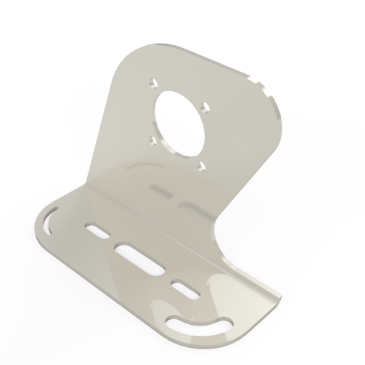
NUMERICAL DESIGNATION
Titanium is a naturally occurring non-magnetic metallic element in the form of oxide (TiO2).
Commercially pure alloy-free titanium offers an excellent balance of strength and ductility.
It has good impact resistance and the welding results are good. This material has good corrosion resistance in highly oxidative environments, with alkaline fluids, aqueous saline solutions and in slightly reduced environments, nitric acid and wet chlorine gas. In addition, it offers excellent resistance to sea water and saline solutions. Titanium’s low density, high strength to weight ratio and corrosion resistance make it an ideal material for a wide range of applications.
Typical Applications: Aerospace / Automotive / Chemical Treatment
The main chemical-physical characteristics are:
Lightness (4.5 kg / dm3)
High elasticity
High corrosion resistance
Low coefficient of thermal expansion
Non-magnetic
Good mechanical resistance
Low dielectric conductivity
ACCIAIO ZINCATO DX51D+Z – Fe P02G
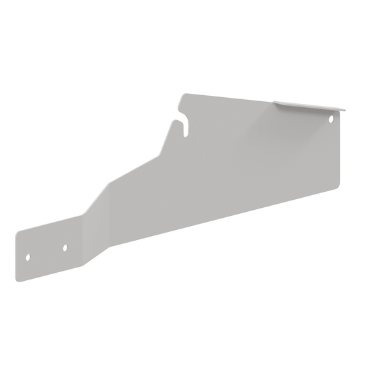
NUMBER DESIGNATION 1.0226
Metal-coated steels are made up
from a coated steel support
metallic zinc.
Hot-dip galvanized products offer excellent
corrosion resistance combined with excellent
forming properties
These products are used in a wide variety of applications, in both internal and external environments: in the building sector, for the construction of structural details, door and window frames, roofs, metal structures of walls, false ceilings and ceilings, shutters, profiles in general, etc .; in the household appliance and electrical and electronic equipment sector, for sides, front panels and various types of panels; for general uses, in the construction of cabins, monoblocks, parts of industrial plants, buildings and civil works.
Regulatory correspondences
GC II
FRANCE
(AF 36-321)
SGCC
JAPAN
(JIS 3302)
Fe P02G
European legislation
(EN 10142:1990)
DX51D+Z
ITALY
(UNI 10143)
A526
USA
(ASTM)
02Z
Germany
(DIN 17162-T1)
Z2
UK
(BS 2989)
COPPER
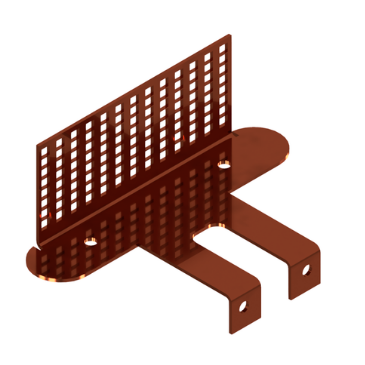
Copper is the best conductor of electricity after silver, but obviously it is by far the best compromise between the technological characteristics and the costs to be incurred. In addition to cost and electrical conductivity considerations, copper is valued for its ductility, strength, resistance to creep and corrosion.
Amagnetism
Copper is practically non-magnetic; this property is used in instrumentation, in advanced technologies and in the field of bio architecture
ALLUMINIO – 5754H111
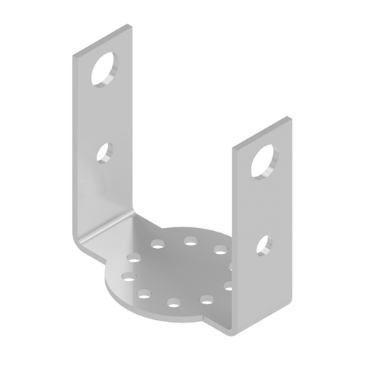
Rolling and hardening alloy with medium-high mechanical characteristics. The main alloying agent is magnesium and specific corrective agents are manganese and chromium.
It is also called Peralluman 300 and is a material suitable for being deep drawn and suitable for laser cutting.
The mechanical characteristics of the 5000 series increase with the increase of the magnesium content. The alloys used industrially contain up to 5%. The alloys of this series contain other addition elements such as Manganese, Chromium and Titanium which have the effect of increasing corrosion resistance, weldability and obviously the mechanical characteristics. Good welding aptitude, good behavior at low temperatures and corrosion resistance (even in the welding points) are the main characteristics of this product. The 5454, 5754 and 5154 which contain from 2.5 to 4% of Magnesium with minor additions of Manganese and Chromium, are widely used in construction, industrial vehicles and mechanics.
Regulatory correspondences
5754
FRANCE
(AFNOR)
5754
USA
(ASTM)
EN AW 5754 Al Mg3
EUROPE
(EN 573)
5754
ITALY
(UNI 10143)
GERMANY (DIN)
Al Mg3
BS
UK
(BS 2989)
Contact the Niuo Customer Care experts to find different solutions together and receive support.
Follow us on our social networks
Respect of the times
Once the order is confirmed, Niuo ensures delivery on time and undertakes to ensure that the deadlines are respected.
Repeatability
Thanks to the precision and accuracy of the machining it will be possible to produce repeatable pieces based on the required quantities.
Ready to get started?
Upload the file of your project to know the costs and time required for implementation.
Everything can be different. The impossible becomes possible.
The possible becomes simpler.


